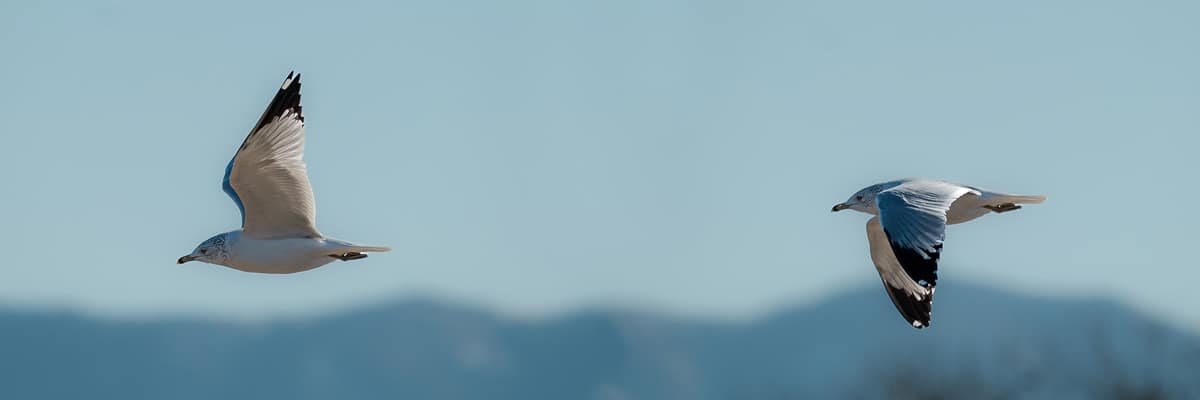
Richard considers Francis and Clare of Assisi models of the liberation and joy of letting go.
When Francis said, after kissing the leper, “I left the world,” he was saying that he was giving up on the usual payoffs, constraints, and rewards of business-as-usual and was choosing to live in the largest kingdom of all. To pray and actually mean “thy kingdom come,” we must also be able to say, “my kingdoms go.” At best, most Christians split their loyalties between God and Caesar, but Francis and Clare did not. Their first citizenship was always, and in every case, elsewhere, which paradoxically allowed them to live in this world with joy, detachment, and freedom (see Philippians 3:20).
When we agree to live simply, we put ourselves outside of others’ ability to buy us off, reward us falsely, or control us by money, status, punishment, and loss or gain. This is the most radical level of freedom, but, of course, it’s not easy to come by. Francis and Clare created a life in which they had little to lose, no desire for gain, no debts to pay, and no luxuries they needed or wanted. Most of us can only envy them.
When we agree to live simply, we can understand what Francis meant when he said, “A man had not yet given up everything for God as long as he held on to the moneybag of his own opinions.” [1] Most of us find that this purse is far more dangerous than a money purse, and we seldom let go of it.
When we agree to live simply, we don’t consider people who are immigrants, refugees, or unhoused as a threat or as competition. We’ve chosen their marginal state for ourselves—freely and consciously becoming “visitors and pilgrims” in this world, as Francis puts it (quoting 1 Peter 2:11). A simple lifestyle is quite simply an act of solidarity with the way most people have lived since the beginnings of humanity.
When we voluntarily agree to live simply, we don’t need to get into the frenzy of work for the sake of salary or the ability to buy nonessentials or raise our social standing. We enjoy the freedom of not climbing. We might climb for the sake of others, but not just for ourselves.
When we agree to live simply, we have time for spiritual and corporal works of mercy, prayer, service, and justice work, because we have renegotiated in our minds and hearts our very understanding of time and its purposes. Time is not money, despite the common aphorism. Time is life itself!
When we agree to live simply, people cease to be possessions and objects for our consumption or use. Our lust for relationships or for others to serve us, our need for admiration, our desire to use people or things as commodities for our personal pleasure, and any need to control and manipulate others, slowly—yes, very slowly—falls away. Only then are we truly free to love.
References:
[1] Thomas of Celano, The Remembrance of the Desire of a Soul 102, in Francis of Assisi: Early Documents, vol. 2, The Founder (New York: New City Press, 2000), 338.
Adapted from Richard Rohr, Eager to Love: The Alternative Way of Francis of Assisi (Cincinnati, OH: Franciscan Media, 2014), 36–37, 38, 39, 40.
Image credit and inspiration: Benjamin Yazza, Untitled (detail), New Mexico, 2023, photo, used with permission. Click here to enlarge image. When we let go of anything other than what is right here, right now, we can fly.
Story from Our Community:
I have always wanted to live in the countryside. Today, I’m fortunate enough to live in a small house on the Pecos River. Every day, I appreciate the simplicity of life here. I find joy in simply sitting outside and watching the birds, the clouds, and the sunset. As I walk through the meadow, I revel in the sight of wildflowers, butterflies, bees, and the changing surface of the river. It is a little piece of Heaven. I rejoice when I can share this experience with others.
—Rosemary Z.




